|
Mpunge. It doesn’t sound like an endearing destination. In fact, it sounds oddly misspelt, unfamiliar and in good need of a vowel. As Josh and Sandy will tell you, it’s in need of more than just that. And so the tea party begins. “There is an agony and writhing now,” explains our tea ceremony master, transfixed on a stream of water flowing over neatly arranged teacups. With teapot up around his ears, we’re told he’s “waking up” the rare Chinese tea leaves. To be honest, I didn’t know tea could writhe. But what captivates me is the water cascading from height. The sound as it hits the white porcelain. The clarity as it streams through the afternoon sun. It’s a fitting visual for why we are here. We are gathered in Tasmania, known for arguably the cleanest water on the planet, in support of a community that has no clean water at all. I’m sitting opposite Sandy, who is destined for Uganda. Husband and wife team, Josh and Sandy Lamont are a humble pair. You could be forgiven for thinking they are hosting a tea ceremony because Sandy likes cups of tea and Josh likes capturing it on camera. But there’s so much more to this Sonographer and Creative Director. “We just want to help,” whispers Sandy across her steaming tea cup when I enquire about her impending travels. Such simple words to deliver but what an impact these words may hold. I lean back with my tea in admiration. While most frown at a Ugandan child dying every 15 seconds of a water-related illness, the Lamonts choose to roll up their sleeves. Shortly after the tea fundraiser they fly to one of the poorest nations on earth, where 141,000 children died in 2010. We’ve all seen the TV ads. Where would you even begin? Ask the Lamonts and the answer is Mpunge. It’s a small fishing village on the edge of Lake Victoria where lack of safe drinking water is costing many lives. With three Ugandan trips between them, they know starting small will bring big change. In a place like Mpunge, every person in that 2,500 strong village is touched by these Tasmanian hands. But they don’t do it alone. They team with Ugandan aid agency PresAID who identifies that a solar-powered water treatment system will give the entire village access to safe drinking water. This $US15,000 project offers a catalyst for transformation and possibility to improve health for the entire community. The water treatment system involves drilling down 25 metres to reach an underground spring of water, which is pumped with a submersible pump using solar power. Up above, eight solar panels can be turned to face the sun each day, allowing for water to be pumped to the tank some 200 metres up hill. With capacity to pump 30,000 litres per day, once the tank is full the water is gravity-fed back down into the community. “Noel is the director of PresAID and we have been so impressed,” explains Josh, “they challenge the traditional approach to aid, by empowering people in the communities. The village contributes materials and labour as they can and engage in a curriculum of health and hygiene. In doing so, this nurtures independent and healthy individuals and societies.” Five other Tasmanians join the Lamonts in Uganda to see the completion of the water project and offer hands-on help within the community. Each day they trundle along a dirt road for 90 minutes (breaking down regularly) to help in the Medical Centre, dig trenches and assist where needed. When they reach the end of the dusty road into Mpunge they notice there are tyre marks only for one, the footprint of motorbikes, as few cars make it to this village. There is no electricity and no clean water. “The first day I helped paint the solar panel support up some scaffolding,” Sandy begins, “as in two branches with lots of little branches for steps! Back on ground we treated more than 1000 in the Medical Centre, hosted as a result of donations over and above the $15,000 required for the water project.” The team test for malaria and HIV, offer eye and dental care and even have the Head of Police arrive; having heard someone could “check my eyes.” Delighted by his pair of simple spectacles, he leaves the clinic seeing the world a little brighter. Others in the village dress in their finest clothes; word has spread a visitor might knock on their door. Josh’s Mum, Elizabeth, hopes to offer an ear to widows, single mothers and orphans. Each day she wanders the village knocking on doors and inviting locals to the Medical Centre, uncovering some of the most unwell children through her quest. “What makes the water project so powerful is that it’s sustainable. Children down by the lakeshore, battling with parasites and terrible infections from unsafe drinking water will now have access to clean water- for a lifetime,” Sandy explains. “The Medical Centre acts as a band aid in a way. But the water project offers long term better health indefinitely.” On the Commissioning Day, the community gather to celebrate their collective hard work. School children sing, some wearing a pair of the 250 donated shoes brought by another team member. Even pens to write their exams are a hit with local youngsters. Sandy recalls one boy so thrilled by his pen that the look of joy almost brings her to tears. “Eating out of banana leaves for the feast with the village at the commissioning service had to be a highlight,” chuckles Sandy, “such great food in a banana leaf!” Four access points on common land offer clean water around the community, one just near a local’s backyard. Sandy and Josh happen to be nearby when the local realises she no longer has to trek down to the lake’s edge for unsafe water. She runs up to the Tasmanians and grabs them in her arms, thanking them with handsome doses of Ugandan chatter. Despite the language barrier, the message is mightily clear. For a community who are at the end of the road, last to receive any services implemented by the government, the prospect that they might be the ones to first receive clean drinking water is almost baffling to them. “In the medical clinic we noticed women laughing with utter joy at seeing water taps for the schools,” smiles Sandy, “and through interpreters we learnt that never in their lifetime did these women imagine that they would drink clean water.” But for Sandy, one of the most touching experiences came when visiting two islands in Lake Victoria that are possible future projects - PresAID have plans for them but no funding. They are Kisima Island One and Two. Kisima Two they call "the forgotten island" as no-one goes there. There is a school, but often the teachers come for one day, and then don't return for weeks at a time. There is no medical clinic. As they arrive on their little boat, a 40 minute venture, they see many children walking into the lake to collect water. “I watch a little girl in a blue dress with a small water bottle,” begins Sandy. “To know these children are collecting water that will probably make them sick is hard. We didn't even step a toe into the lake as our guides bought the boat in right to the shore so we could step straight onto land. There are many parasites in the water close to the shore - the community puts their waste directly into the lake. There are pigs tied on the lake shore just near to where our boat lands, and women doing their washing. This is only metres away from the children walking into the water, not to play as children in Tassie would be doing on a nice sunny day, but to collect water to take back to their homes.” Kisima Two illustrates that there is still much to do in Uganda. A single person by themselves cannot solve the problems of poverty. But the water project is evidence that a small team can bring about difference in the lives of others – in fact lifelong change. Are there dangers in travelling to Uganda? Sure. Sandy tells me it’s rather confronting to see machine-gun clad men walking the streets. Further north, it’s a reality that the LRA led by Joseph Kony displaced around 1.6 million. Corruption is still rife and the risks are real. But this doesn’t deter their kindness. “Mum came along and was really eager to talk with the locals,” smiles Josh. “We can all help the village in our own way.” There might be some 37 million in Uganda, but the Lamonts are planning to help them one by one. And we all know how it feels when a hand is reached out to us. If you would like to find out more or even become involved in a water project, register your interest by visiting www.justwateruganda.com.au/ Words: Alice Hansen Images: Josh Lamont Every now and again special opportunities arise. Writing this Bay of Fires Lodge Walk story for the 10th Anniversary edition of Luxury Travel Magazine....now that was a treat. LUXURY TRAVEL MAGAZINE The lines of a cuttlefish tell the story of its years. Every line is a day and a dark line spells a moment of immense stress. Our Bay of Fires guide concludes the fish in her hands has enjoyed a “stress free life.” I’m captivated. Further up the beach, as if opening a window to its soul, I break open another. Staring back are translucently clear lines of relaxed living. Lucky little fish. As I look up, I realise why. Before me is an intoxicating scene. Read full feature here Words and imagery: Alice Hansen
|
TAILORED TASMANIAYour launch pad for exploring Tasmania like a local. Archives
July 2023
Categories
All
|

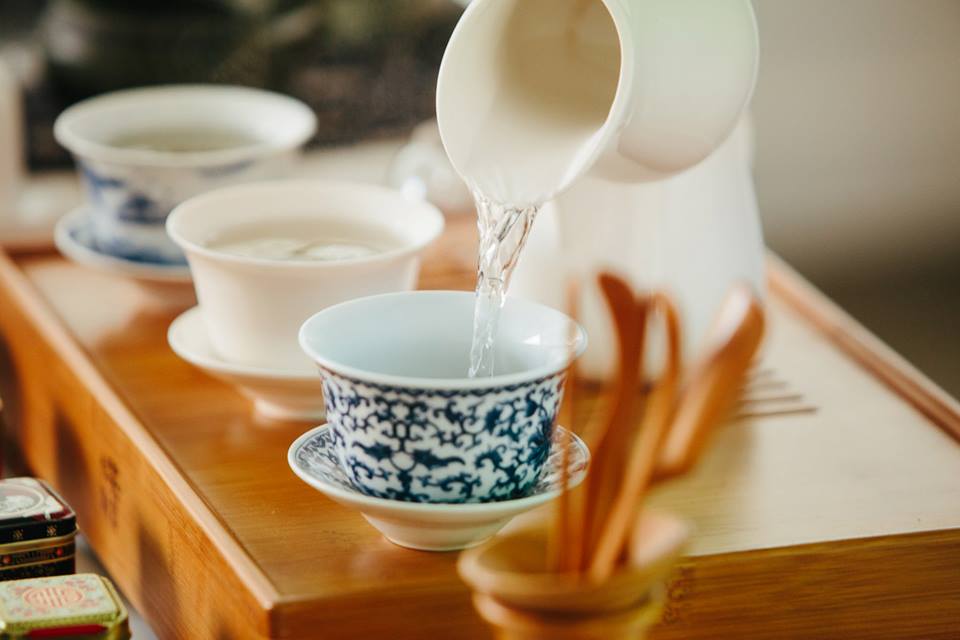
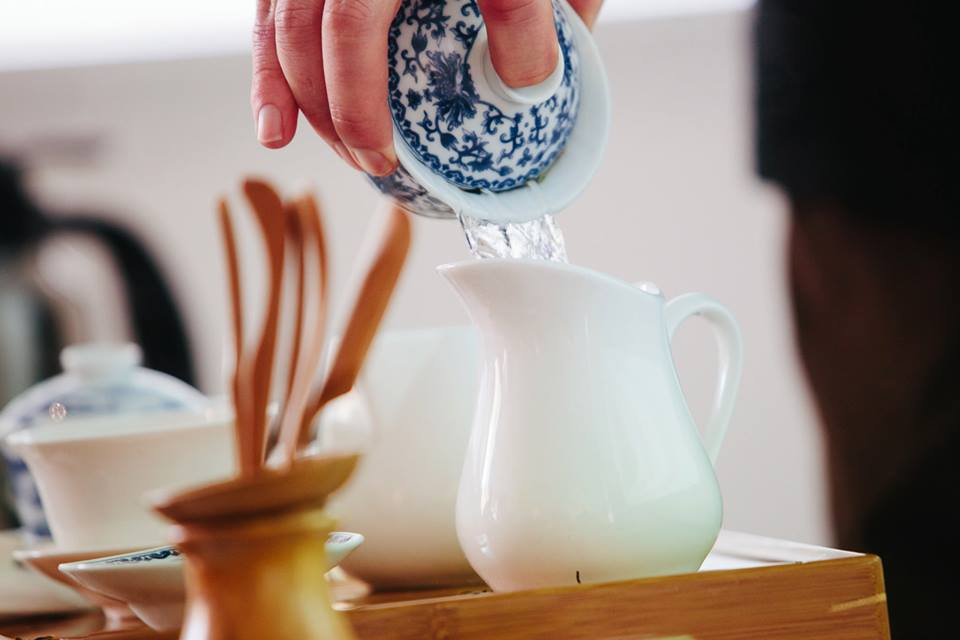
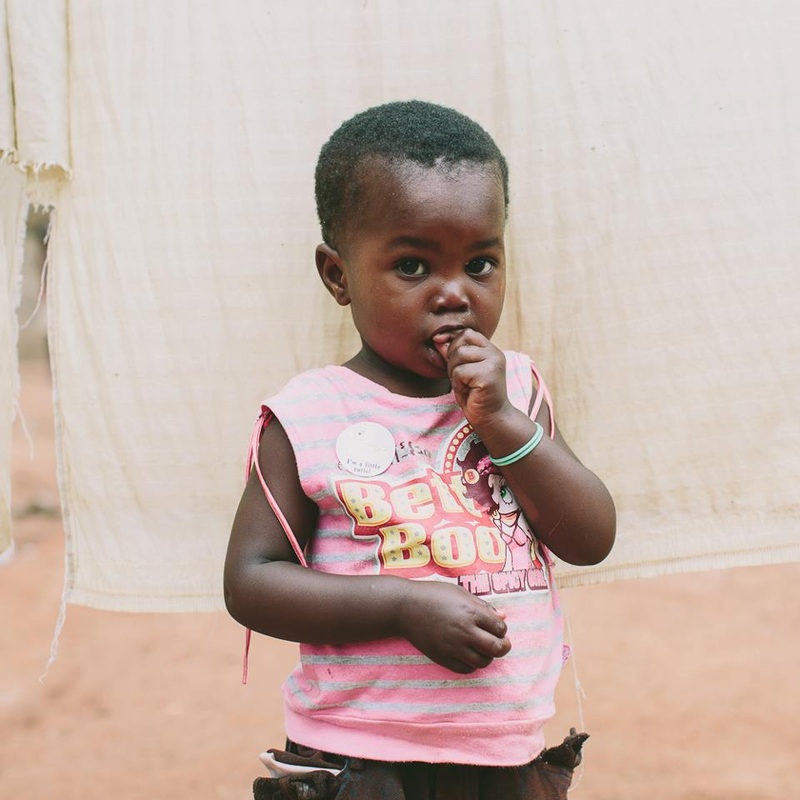
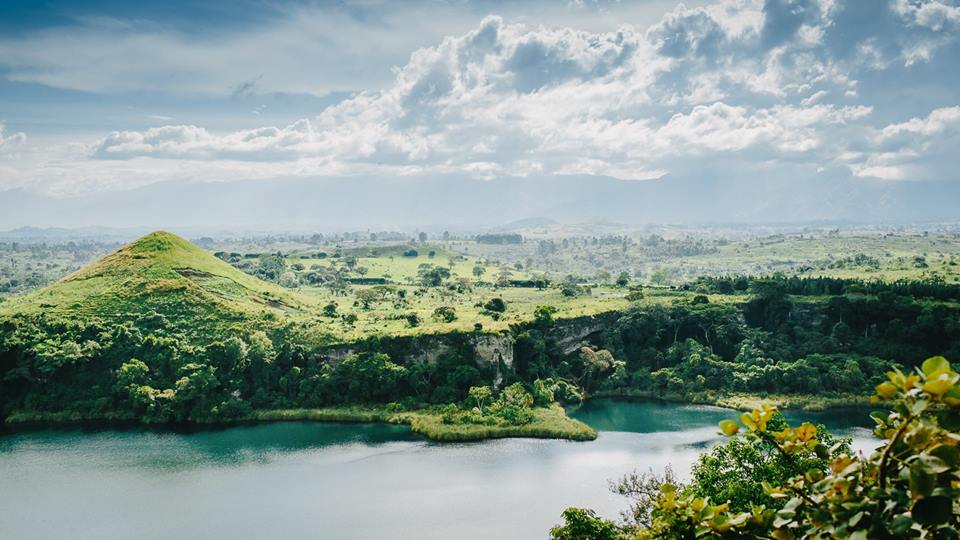
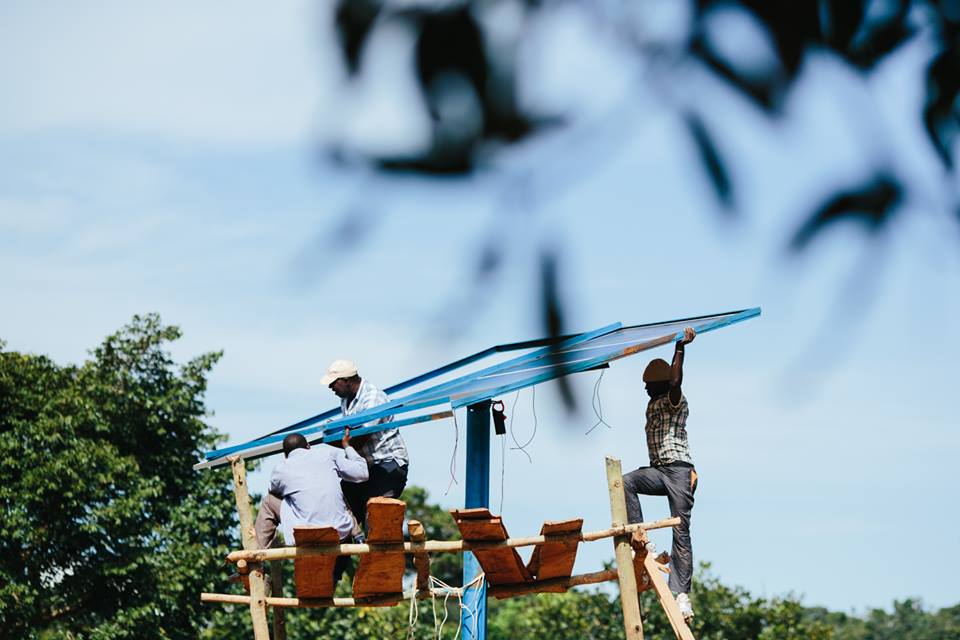
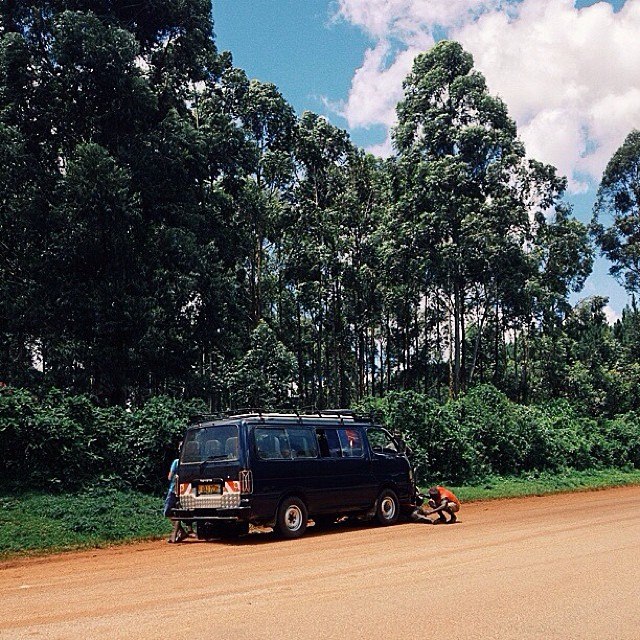
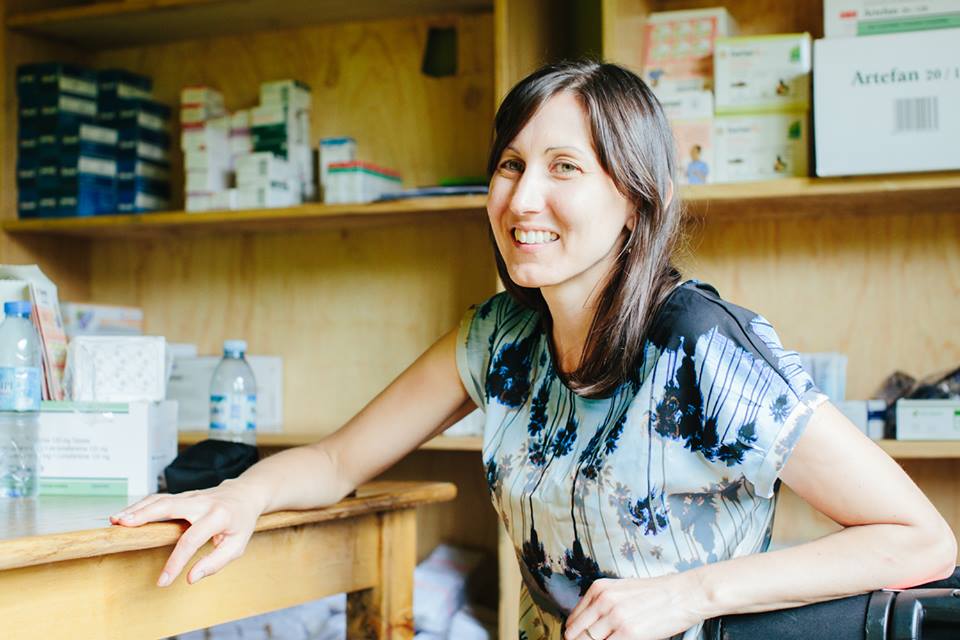
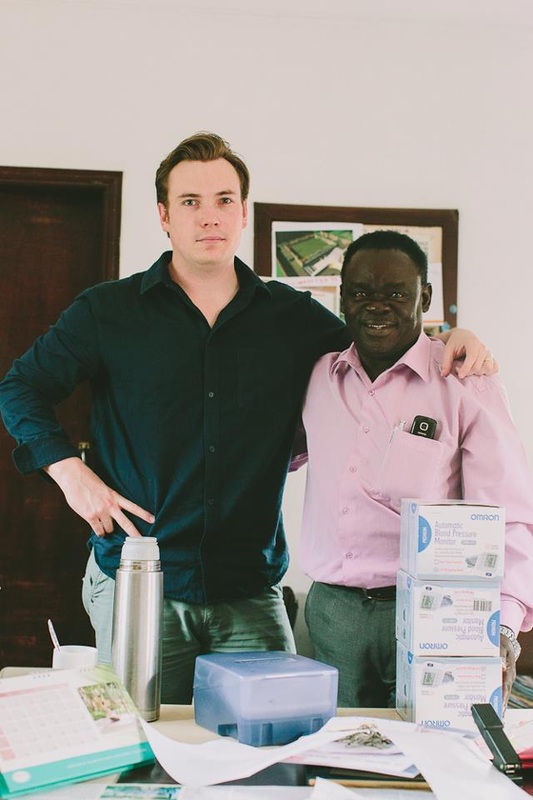
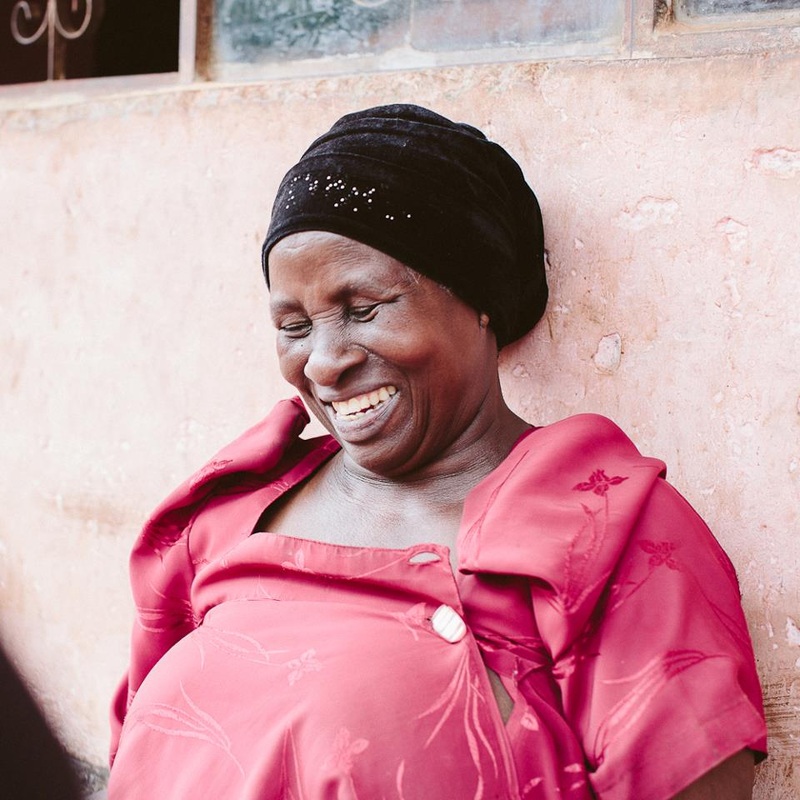
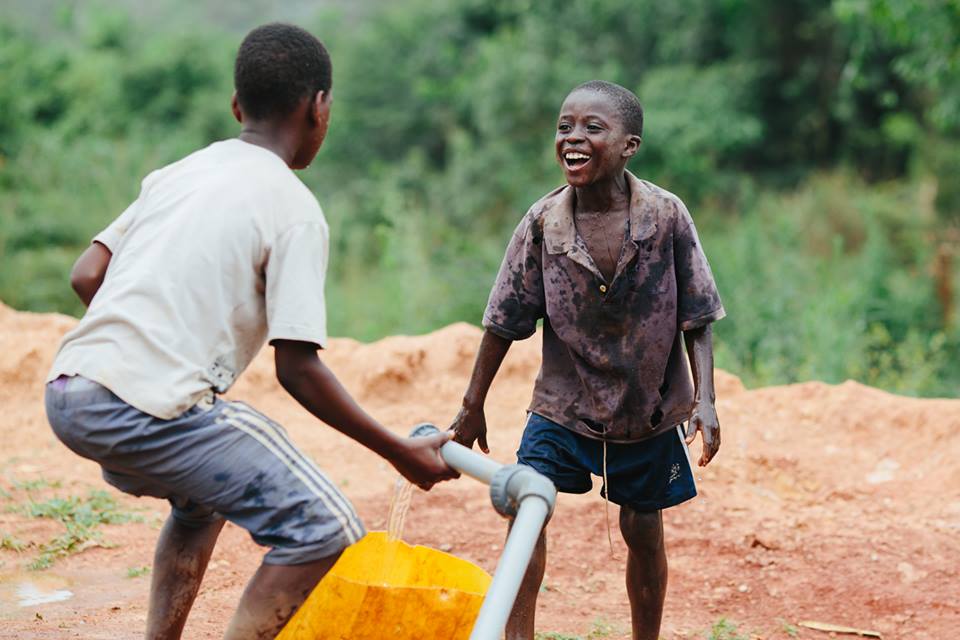
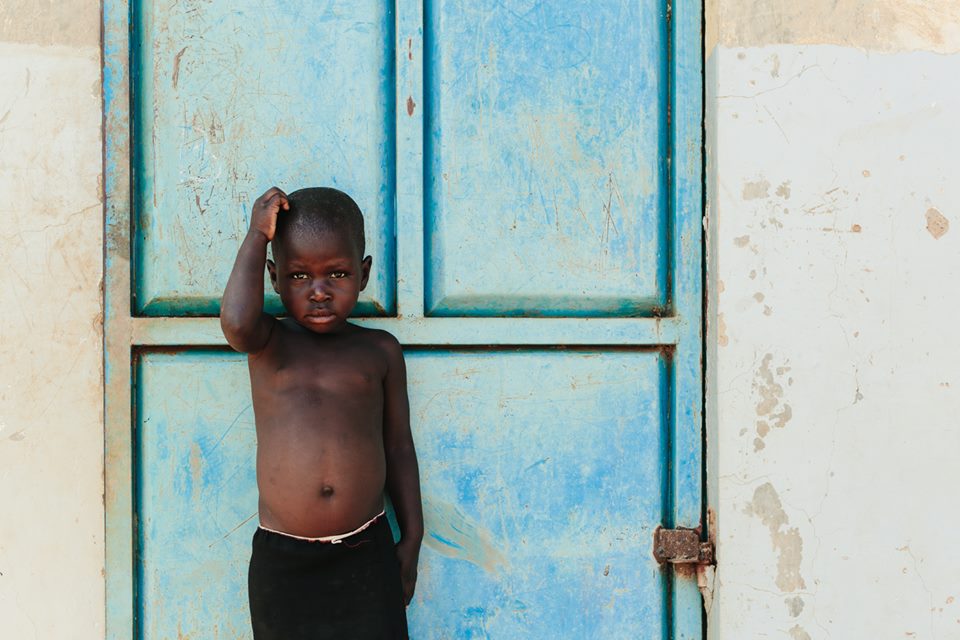
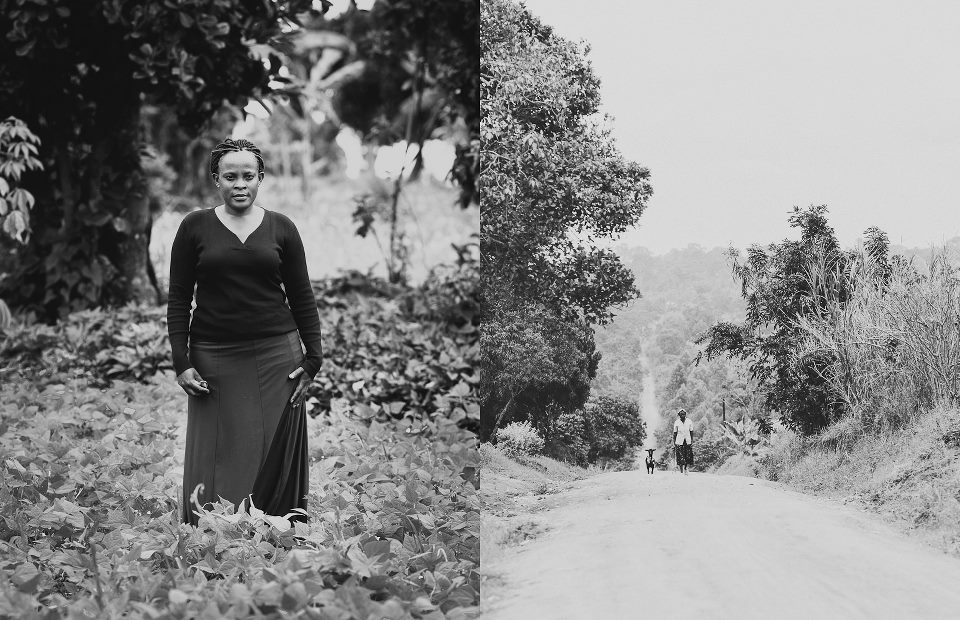
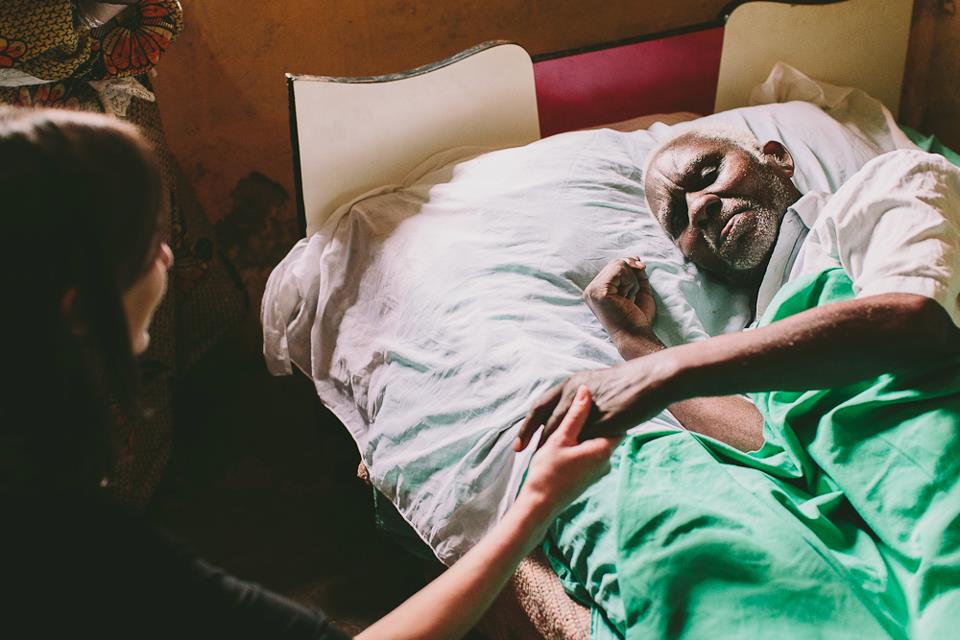
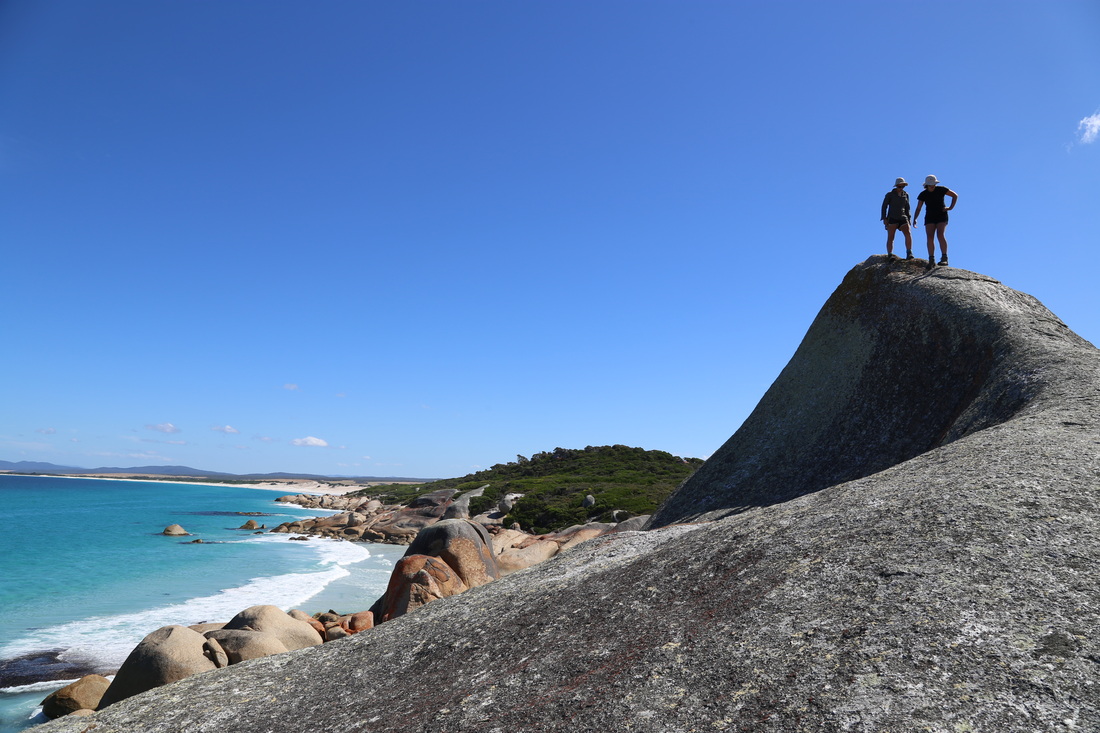
 RSS Feed
RSS Feed